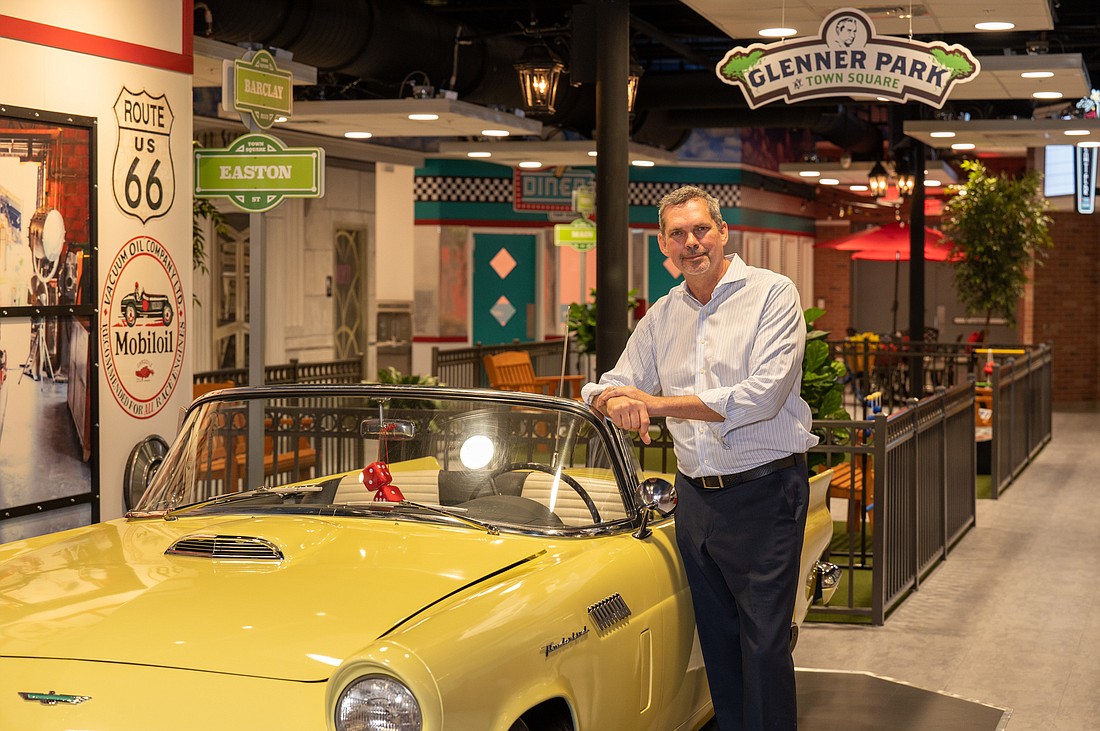- December 15, 2025
-
-
Loading

Loading

When Michael Finn was growing up in Rochester, New York, he would sometimes watch his mom, Barbara, volunteer at nursing homes, where she would sing songs from the old days for the residents. “They wouldn’t remember her name,” Finn says, “but they knew every word of those songs, from 50 years ago.”
Finn went on to Florida State and then a career in advertising in New York City. He worked for MTV, where he led digital advertising for VH1, among other roles. After that he spent nearly four years at Dish Network, where he built a $500 million ad sales unit and oversaw a 100-member national team. He later helped build an ad sales team for a startup channel, the El Rey Network.